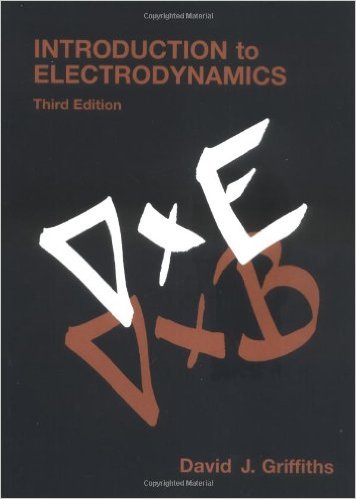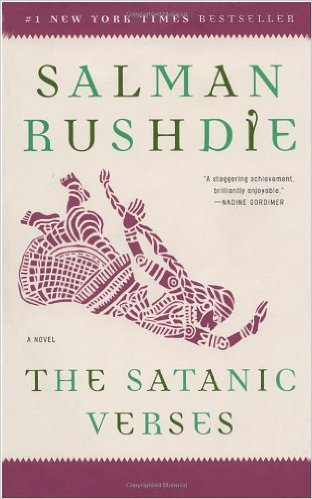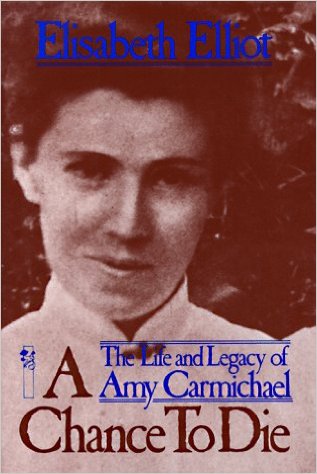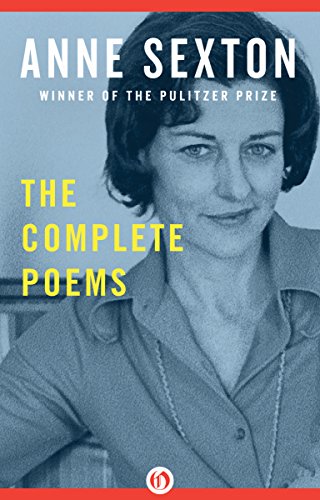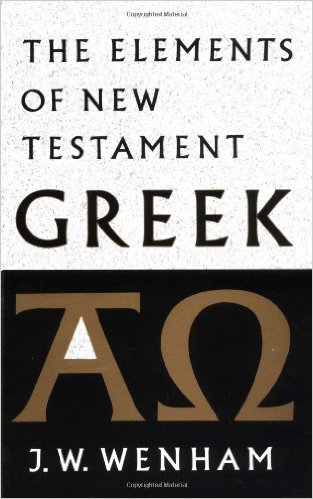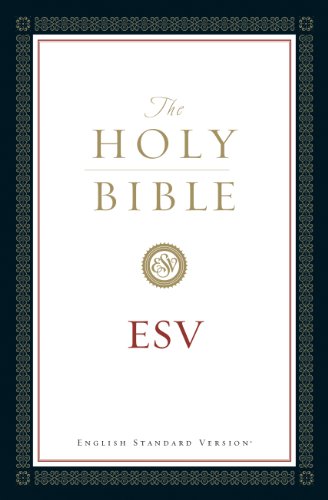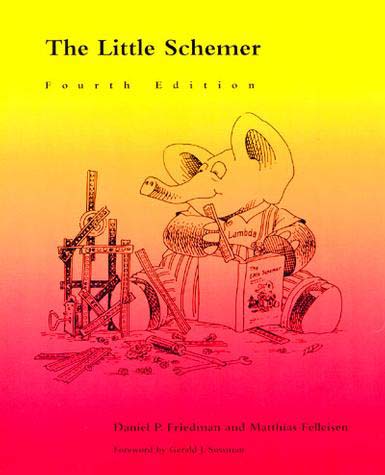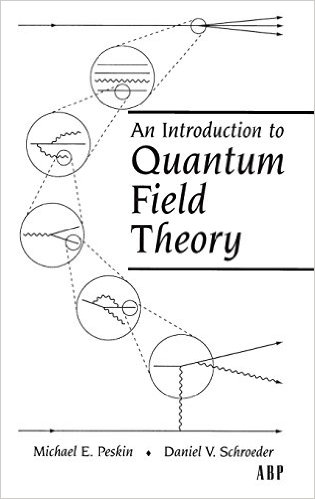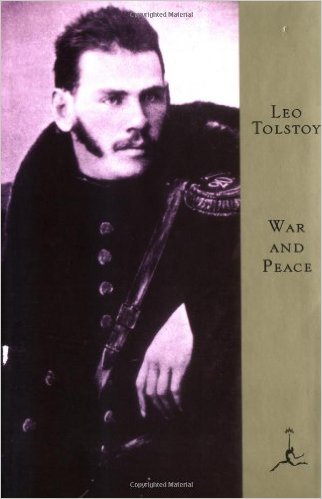As many of you probably know, I've led a rather peculiar life. Until I turned 18 and enrolled at Arizona State University, I received no formal education aside from a few music classes at a local community college. I was homeschooled by my mother until I was around 12 or 13, and then, when she had to return to work and enrolled my younger siblings in public school, I began working full-time instead of going to school.
By the time I was in my early teens, I felt, deep in my heart, that it was over for me: I saw what my siblings were learning, I saw what my friends my own age were learning, and I felt hopeless because I knew absolutely none of it, and felt there was no way I could ever catch up. I realized that my life could go one of two ways: I could resign myself to forever working minimum-wage jobs and never receiving any formal education, or I could rebel against that feeling of inferiority and ignorance, educate myself, and somehow make it to college.
I remember very vividly the moment I decided to take the latter path: I was sitting in my father's small office, opening each of his books and trying to figure out what I could learn from them, and I decided that I was going to make something of myself. I stood up, told myself "I am going to be great", and went to my room to formulate a plan.
My plan was simple: learn only the topics that I could approach without the help of a teacher, and give up on ever learning the rest. Math, science, and any technology went out the window - I determined there was no way I could learn those on my own (boy, was I wrong!) - and I focused on foreign languages, literature, history, and philosophy.
After four years of working during the day and reading every night, I took the ACT, scored perfectly on everything except math and science, and was admitted to multiple universities with scholarship offers. Due to family circumstances, I chose to stay at ASU and study philosophy, where I took graduate courses in philosophy for two years and was introduced to physics. I transferred to Penn, where I finally learned the math and physics I never thought I would be capable of learning. And here I am today in San Francisco, getting ready for my book on software architecture to be published, doing the computer science and software engineering I thought was reserved only for those "smart, educated kids".
I'm going to write a blog post someday about how I actually went about homeschooling myself (mostly because it's a fascinating case study of blind and ignorant optimism that somehow converged to the norm), but today I want to share twenty books I read both during that time and during my time at ASU and Penn that shaped and drove this strange path of mine, that brought me to exactly where I am today.
(Note: this list does not present the books in the chronological order of reading, but rather in their order of influence on my mind and life).
20. A Chance to Die: The Life and Legacy of Amy Carmichael, by Elisabeth Elliot
I was a voracious reader when I was a child, and proudly held the informal title of "most books checked out in a week" at the Yarnell Public Library. I loved the majority of the books I read, but none of them spoke to my heart or inspired me to make something of my life until my mother gave me a copy of Elisabeth Elliot's A Chance to Die: The Life and Legacy of Amy Carmichael.
It was the very first time I had read about someone whose life had a calling, a woman whose purpose in life was to be part of something far greater than herself. I began to see the world in a new light. I no longer wanted a job, I wanted a calling.
I must have read this book at least two dozen times between the ages of eleven and fifteen. It never stopped speaking to me.
19. Swann's Way, by Marcel Proust
Reading Swann's Way for the very first time was like living through a strange dream, a dream of a life so far from my own weird existence, and it was nothing short of magical. I fell in love with Proust over and over and over again, and was so swept away by his sweeping, beautiful narration that I decided I would someday become a writer. Nothing in the world seemed to me to be as beautiful as what Proust had accomplished with In Search of Lost Time: the ability to imprint a dream in the mind of the reader.
18. The Satanic Verses, by Salman Rushdie
I used to accompany my father to various used bookstores in Phoenix, and one day I stumbled upon a used copy of Rushdie's The Satanic Verses. I had grown up in a house where Christianity was the norm, and my father was a Pentecostal preacher, so I knew nothing about other religions. After reading this (and being completely blown away by its brilliance), I marveled at how different the Quran must be from the Bible, how different Islam must be from Christianity, to have inspired this book, and thus began my introduction to the religions of the world. I read about the history of religion, the sacred texts of other religions, and various books on theology and the philosophy of religion, and emerged with a radically different view of religion and my place in the world.
17. Introduction to Electrodynamics, by Griffiths
Rarely does a physics textbook change a person's life, but I have been lucky enough (or misfortunate enough, perhaps!) to have had my life changed by several of them. Griffith's Introduction to Electrodynamics challenged my mind in ways I never could have expected when I began to learn physics, but it was also the very first textbook in any topic of science or mathematics I encountered that was written elegantly and beautifully. It read like the most beautifully written novels, and yet it was about the real, physical world. From Griffiths I learned that science is never boring, that writing about physics can be as inspired as the best our poets have to offer.
16. The Little Schemer
My introduction to programming was through high-energy physics research, where I learned C++ and python while running an analysis on some ATLAS data. I only really thought of programming as a mere tool until I came across The Little Schemer. This wonderful little book launched my love for computer science, and it did so by bridging the gap between the logic I learned in philosophy seminars and the bare-bones programming-as-a-tool mindset I had from physics research.
15. The Aenied of Virgil
Modern society takes the classics for granted - we rarely realize how astoundingly beautiful they are unless we are detached from them for a long while or if we encounter them for the first time without knowing that they are considered "great". Virgil's Aenied was my introduction to the poetry of Ancient Greece and Rome, and when I first read it, I had no idea that it was a classic, that it was considered one of the greatest poems ever written. All I knew was that I found a random book of poetry on my father's bookshelf, and it was the craziest poem I ever read. It sparked my love for the classics, and I soon began learning Latin and Ancient Greek in the hope that I could someday read the original.
14. The Elements of New Testament Greek, by Wenham
Wenham's The Elements of New Testament Greek was my very first Greek textbook, and it remains my favorite to this day. It is the perfect language book: flawless organization, clear and concise introductions to grammar, and the best exercises. I have learned (and attempted to learn) many languages since my first stab at Ancient Greek, and I have structured the way I learn each language exactly as Wenham presents Greek in this wonderful book.
It also gave me confidence in my ability to learn any language, no matter how difficult it might be. I realized that learning a language was not necessarily hindered by the language's grammatical complexities, but by how simply and clearly a textbook presented them.
13. Plato's Republic
It is somewhat of an embarrassing cliche these days to have been introduced to philosophy by reading Plato's Republic, but I admit that Plato was my introduction to philosophy, too. Reading the Republic was the very first time I had encountered reason, and I discovered that I could make sense of myself and the world around me through careful introspection, abstraction, and structure. Its influence on me was so strong that I continued to study philosophy for the next ten years!
12. The Trial by Kafka
Growing up, I often felt that the circumstances of my life were far beyond my own control. Reading Kafka's The Trial as a teenager, I found myself laughing at how much the struggles and frustrations of Josef K. reminded me of my own. Luckily I had a better fate than he, but this book gave a voice to the frustrations I had about my own powerlessness, and somehow pumped me full of courage.
The way in which this book shaped my life the most, however, was not through the tale itself, but by the life of Franz Kafka. Reading of his journey as a writer, having to struggle working a soulless job, reminded me of my own life and inspired me to try to make something of myself no matter what my day job happened to be.
11. War and Peace by Tolstoy
No list of life-altering books would be complete without Tolstoy's War and Peace. I'll never forget when I watched as my older sister read it for the very first time: she sat completely still, completely engrossed in Tolstoy's every word. I knew that if it captivated her so powerfully, it had to be good - I was not disappointed.
Tolstoy is one of those writers who controls the entire experience of the reader: he commands what you see, what you think, how you feel - there is no ambiguity. Because of this, the experience of reading War and Peace is unforgettable: Tolstoy has dictated your experience so well that you emerge having lived half a dozen other lives. There has never been and perhaps will never be any other book like it.
10. The Awful Rowing Toward God by Anne Sexton
Anne Sexton's The Awful Rowing Toward God (in The Complete Poems) shaped my entire internal dialogue about faith and my desire to make sense of the world around me. Sexton captures the loneliness of our internal struggles with even more elegance and pain than Kierkegaard, and the absurdity of our inner life with even more irony and wit than Beckett. The Awful Rowing Toward God is an examination of the deepest corners of the human heart, and I will never forget it. Not a month goes by that I do not recall the last half of "Rowing":
I am rowing, I am rowing
though the oarlocks stick and are rusty
and the sea blinks and rolls
like a worried eyeball,
but I am rowing, I am rowing,
though the wind pushes me back
and I know that that island will not be perfect,
it will have the flaws of life,
the absurdities of the dinner table,
but there will be a door
and I will open it
and I will get rid of the rat inside of me,
the gnawing pestilential rat.
God will take it was his two hands
and embrace it.
As the African says:
This is my tale which I have told,
if it be sweet, if it be not sweet,
take somewhere else and let some return to me.
This story ends with me still rowing.
9. Peskin and Schroeder's Introduction to Quantum Field Theory
The first time I learned quantum field theory, I felt like the sky had opened up. For the first time since I began studying physics, I finally understood the fundamental nature of the universe, and it was breathtakingly beautiful. Learning QFT for the first time was a spiritual experience, it was like nothing I had ever known.
Ever since picking up Plato's Republic for the very first time as a young teenager, I stressed out about the nature of the universe and wanted to know everything that everyone else knew about it. Peskin and Schroeder's Introduction to Quantum Field Theory will forever be the book that introduced me to the nature of the universe.
8. Feynman's Lectures on Physics
A year and a half into my undergraduate education at ASU, I had to take an intro course on astronomy to fulfill the science requirement for my philosophy degree. The course was phenomenal, and I started to think that perhaps the questions I was asking about the universe could be answered by physics, not by philosophy. I went to the professor's office hours one day and asked him if physics held the answers to the questions I had about the nature of the universe. He said that it did, and then asked me why I wasn't a physics major. When I explained to him that I had never taken a math or science course before this in my life, and that it was too late for me to study physics, he told me that I needed to go read Feynman's Lectures on Physics and decide for myself if I thought I could understand it.
Almost six years, one degree in physics, ten graduate physics courses, and three years of particle physics research later, I still find myself at a loss for words when I try to explain the impact that Professor Scannapieco and Richard Feynman had on my life.
7. Plutarch's Lives
When I first decided that I would educate myself, make it to college, and "be great", I searched for books about great human beings so that I could model my lives on theirs, and came across a big book called Plutarch's Lives. Plutarch's sweeping biographies contrasting great Greek and Roman leaders examines their strengths and weaknesses, and what made each leader great was never what I had imagined when I began reading. Many years later, I still remember lessons I've internalized from the Lives, and, while I'll never be great in the sense that these men were, I'm forever indebted to them.
6. The Bible
The Bible is the most important book in history - no book has had a greater influence on the world. It's probably impossible to understand the state of the world today without understanding the Bible. It's also impossible (less impressively) to understand my own life without examining the influence that Christianity has had on me every step of the way.
I was born the daughter of a Pentecostal preacher, was raised reading the Bible day and night, and memorized the verses of every book. It has embedded deep within the corners of my brain, and I am certain that it has influenced me in ways I will never be aware of.
All of that being said, it is full of some of the most beautiful things ever written, along with some of the most horrifying. It has called so many men and women to do both great and terrible things in its name, and is perhaps the greatest love story ever told.
5. The True Believer by Hoffer
I grew up entrenched in history. My family loved history, especially the Second World War, and we watched countless war documentaries and read every great WW2 book that had ever been written. I was mystified by the Holocaust, why and how it had been allowed to happen, and then became fascinated by mass movements. I wondered why many people who participated in mass movements did bad things, and I couldn't wrap my head around it until I read Eric Hoffer's The True Believer. I've read and re-read this book countless times ever since, grabbing it off my bookshelf during the various "revolutions" that have happened over the past ten years, and have never been disappointed by Hoffer's insights into the mind and motivations of people who participate in mass movements.
The True Believer has also served as a way for me to check myself and my motivations before I jump toward supporting a political (or otherwise radical) cause.
4. The Meditations of Marcus Aurelius
The Meditations of Marcus Aurelius, the great philosopher-king, have been my constant companion over the years as I sought to find my place in the world around me. Who better to learn how to structure your life from than one of the wisest, most humble, most self-aware leaders who has ever lived? My journey toward self-awareness, toward applying philosophy to my everyday life, was entirely inspired by Marcus Aurelius.
3. The Brothers Karamazov by Dostoevsky
I attempted to read The Brothers Karamazov many, many times, but never quite understood it until I took a course on it in my last year at Penn. It is a great novel (one of the greatest ever written), but reading it merely as a novel was not enough: I had to look deep within myself and know myself well enough to use it as a magnifying glass into my own flaws and insecurities.
I realized how profoundly this book had changed the way I saw myself one day in class. I remember it so vividly: the Professor asked our class who we identified most with, and as she went around the room, everyone answered that they were Ivan, but when she got to me, I started laughing and said that I was definitely a Karamazov, but not one of the good ones - I was Fyodor, the foolish, absurd, insecure father. Admitting it in the class and laughing as I did so only confirmed my deepest insecurities about who I was deep in my heart.
Coming to that realization was a huge turning point in my life. I had been trying all my life to be an Ivan (the rational and successful son), had become Fyodor (the foolish father), and saw so clearly that I needed to become an Alyosha - a goal I have been diligently working toward every single day ever since.
2. The Enchiridion by Epictetus
Marcus Aurelius was my first introduction to Stoicism, but it was Epictetus' The Enchiridion that had served as my guide to living a good, intellectually rich life. Epictetus' teachings are life-changing if you apply them to your life, and it is Epictetus' own life story that gives them such significance to me: he was a crippled slave, and he found a way to live that would allow him to be free in all the ways that mattered.
We live in circumstances that are so far beyond our own control, and so often we fight them relentlessly, only to lose and become bitter and miserable because they are beyond our control. Epictetus offers freedom to every one of us: determine for yourself, he says, what is yours and what is beyond your control, and then work and care only for the things that are yours, and you will always be free. What is ours? Our minds, our thoughts, our actions, our intellectual pursuits. If we cultivate those things, nobody can ever take away our freedom.
1. On the Shortness of Life by Seneca
"Life is long if you know how to use it."
No book has shaped my life more than Seneca's On the Shortness of Life. I believe with all of my heart that it is the greatest thing that has ever been written, and there is no way that I can do it justice except to encourage everyone I know to read it. It is the answer to the question of how we should live our lives, a powerful call to spend our days on things that truly matter. I have been meditating on this book and learning from it for so long that Seneca has become my closest friend and wisest mentor. He has done for me what Zeno, Pythagoras, Democritus, and Aristotle did for him: he has not forced me to die but has taught me how to die, he has not exhausted my years but has contributed his years to mine, and he has never once sent me away empty-handed.




